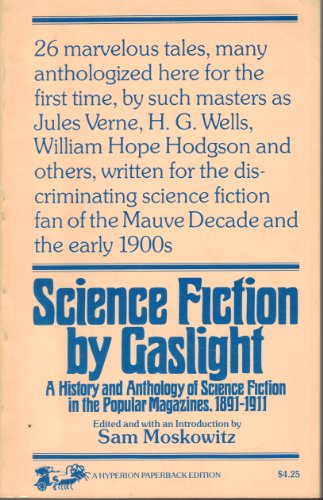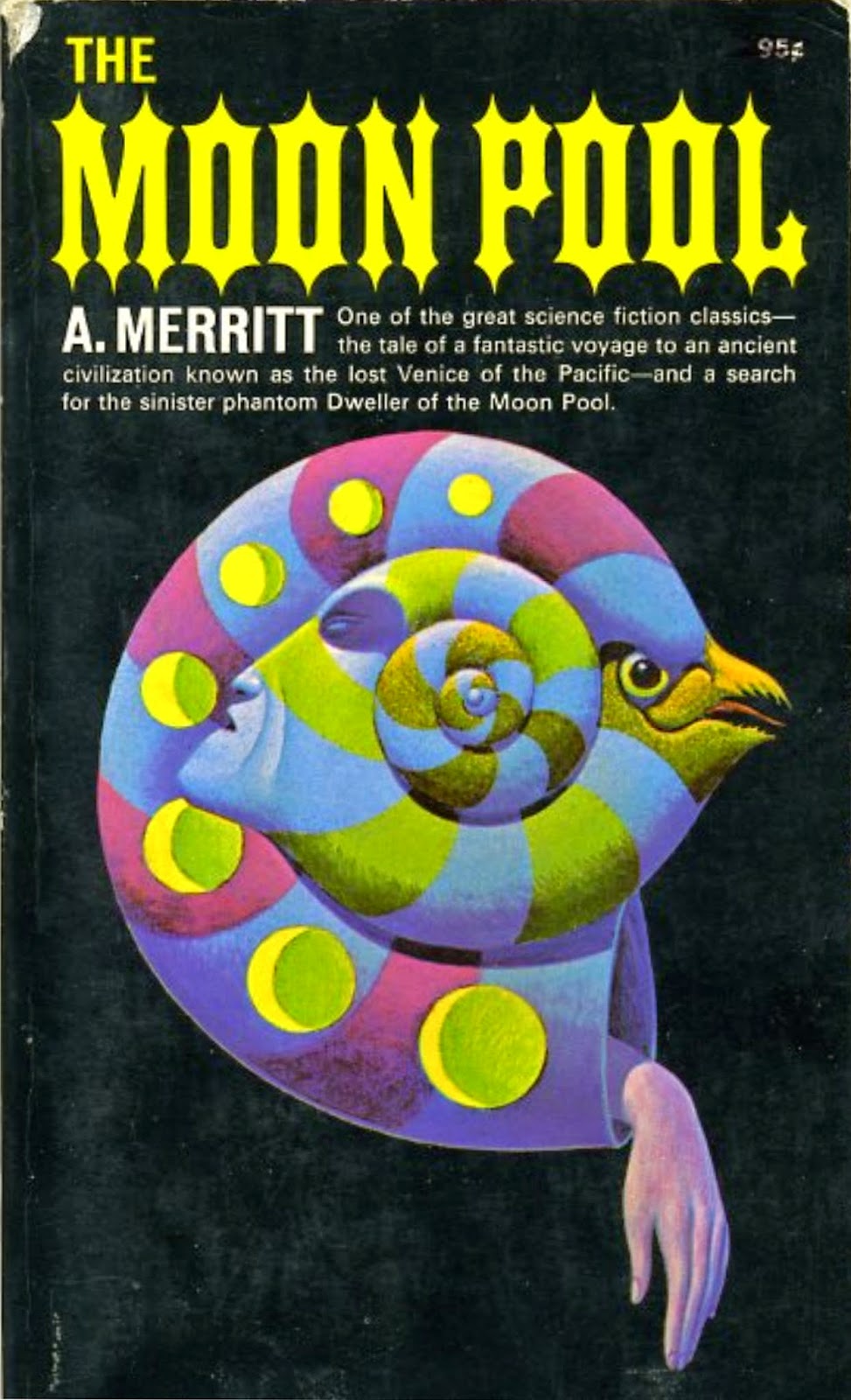

Graphic from an October 2021 display of early science fiction books in the Rezmerski science fiction collection.
 Billion Year Spree: the true history of science fiction
by
Billion Year Spree: the true history of science fiction
by
 Science Fiction by Gaslight : a history and anthology of science fiction in the popular magazines, 1891-1911
by
Science Fiction by Gaslight : a history and anthology of science fiction in the popular magazines, 1891-1911
by
Also see:
✷ Chapter one of Mike Ashley's The time machines : the story of the science-fiction pulp magazines from the beginning to 1950, concerning the history of sf in periodicals to the year 1926.
✷ The Encyclopedia of Science Fiction entries on Proto SF, Utopia, Fantastic Voyages, Gothic, Scientific Romance, Dime-Novel SF, and Lost Races.
 The Annotated Gullivers Travels
by
The Annotated Gullivers Travels
by
✷ “Amurath” by John Hawkesworth, published in The Adventurer, January 13, 1753
 The last man
by
The last man
by
✷“Phrenology of a Detector of Murder : A Tale of the Fortieth Century” by Anti-Humbug, The London Magazine, February-April 1840. Part II. Part III.
✷ Bell, Robert, ed. “Tale of a Chemist.” The story-teller; or, Table-book of popular literature. London: William Tegg, 1843.
✷ A Strange Story by Sir Edward Bulwer-Lytton, 1861-1862
✷ “Under the Moons of Mars,” by Edgar Rice Burroughs, All-Story, February 1912. Published 1917 as A Princess of Mars, sequel The Gods of Mars.
 A princess of Mars
by
A princess of Mars
by
 The moon pool
by
The moon pool
by
This work is licensed under CC BY-NC-SA 4.0